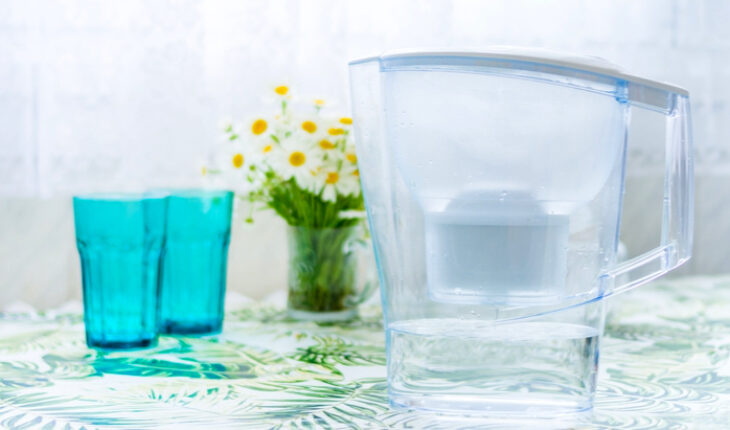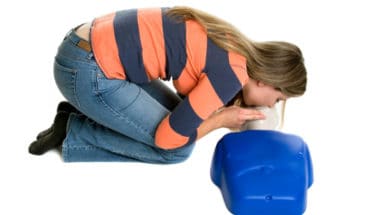Heatwave Warning for The Elderly as Temperatures Soar: Here’s How to Look After Your Loved Ones in The Sunshine:
The Met Office has issued a level 2 heat-health alert warning ahead of the heatwave – with some parts of the UK reaching 31C this week.
For many people, this summer’s heatwave is a chance to enjoy the outdoors. Spending time in the outdoors can be beneficial for our health: it can boost your vitamin D levels, improve your focus, and lessens anxiety. However, too much heat poses a risk to our elderly loved ones, especially for those living with dementia.
Lottie’s new research has found that over the last 7 days, Google searches have surged for advice on heat exhaustion and heatstroke:
- Over 5000% increase in online searches for ‘what are the first signs of heat exhaustion’ and ‘does heat stroke cause vomiting’
- 170% increase in online searches for ‘symptoms of heat stroke’
Will Donnelly – Care Expert and Co-Founder of Lottie – has warned about the risks of the heatwave for the older generations: “A heatwave can affect anyone, but those over 75 are more susceptible to health risks, and especially if they live on their own.
As people get older the sensation of thirst changes. Some may not feel thirsty – even though they’re not drinking enough – especially anyone living with dementia. They may not recognise the signs they need to drink more or be able to communicate their needs easily.
It’s important to be aware of the signs of dehydration. Firstly, look for physical symptoms, including a dry mouth, lips, and eyes. Secondly, your loved one may appear confused (or more than normal) and they may complain of feeling dizzy. Finally, look out for a loss of appetite, fast breathing, and a high temperature (38C and above),” shares Will Donnelly.
Here’s How to Keep Your Loved One Safe During the Heatwave, According to Care Expert Will Donnelly:
1. Make sure drinks are easy-to-reach
If your elderly loved one lives on their own and has limited mobility, make sure they have regular cold drinks within easy reach. For instance, place a jug of fresh, cold water in every room and in their usual places, including next to their favourite chair.
You may find it helpful to place any refreshments in brightly coloured glasses, so it captures their attention when they’re moving around their home.
2. Share a cold drink together
If you’re able to visit your loved one during the warm weather, why not pop round with some cold refreshments? It’s a great way to enjoy the sunshine together, socialise, and ensure they have all they need in the heat.
If you’re unable to – and they live on their own – make sure you ask a close friend or neighbour to check in on your loved one.
3. Offer the right foods
Dehydration is a common challenge for older people, especially for those with dementia. Fortunately, it’s not only drinks that can help you top up your fluid levels: lots of fruit and vegetables are also great sources of water.
Cucumber, tomatoes, mushrooms, melon, and oranges have lots of water, so they make the perfect snack. You could make a lovely, fresh fruit salad for you both to tuck into.
4. Ensure they’re dressed appropriately
There’s a high risk of heat exhaustion or heatstroke when it’s very hot outside. To prevent any heat-related conditions, make sure you – and your loved one – wear light-coloured, loose clothing.
If your loved one who has dementia dresses themselves, they may wear their usual clothes and forget to dress for the warmer weather. The most important thing is that your loved one feels cool and comfortable, and their risk of heatstroke will reduce.
5. Find ways to cool off
A cool bath or shower works wonder for cooling people down during a heatwave. If you notice your elderly loved one is hot, move them to a cool place and gently spray them with cool water. A fan will also cool them down and ensure they stay well. Make sure you stay with your elderly relative until they’re better.
6. Seek support immediately
If you – or your elderly loved one – have any signs of heat exhaustion or heatstroke, it’s important to seek support from a medical professional.
Heatstroke puts your health at risk, especially when you get older. If you or someone else has a high temperature of 40C or above, is breathing fast, and generally feels unwell, call 999. Heatstroke can be very serious if it isn’t treated quickly.
- Combination of drugs could prevent thousands of heart attacks - 21st April 2025
- UQ Study Links Poor Teen Diets to Heavy Social Media Use - 21st April 2025
- Gut microbiome could delay onset of type 1 diabetes - 3rd April 2025






